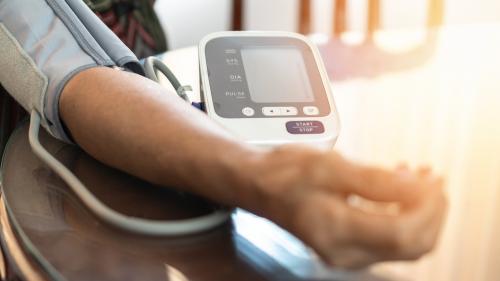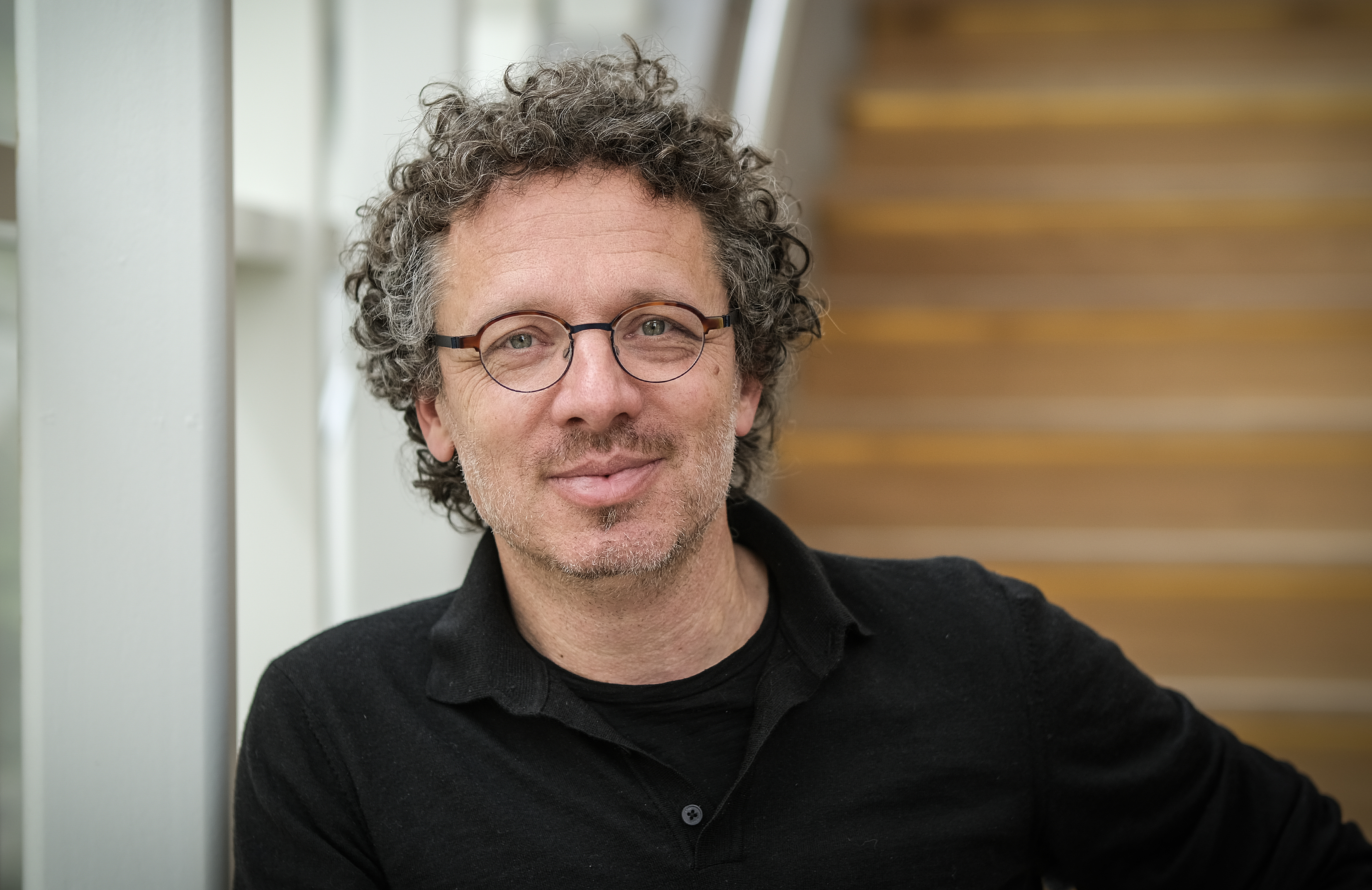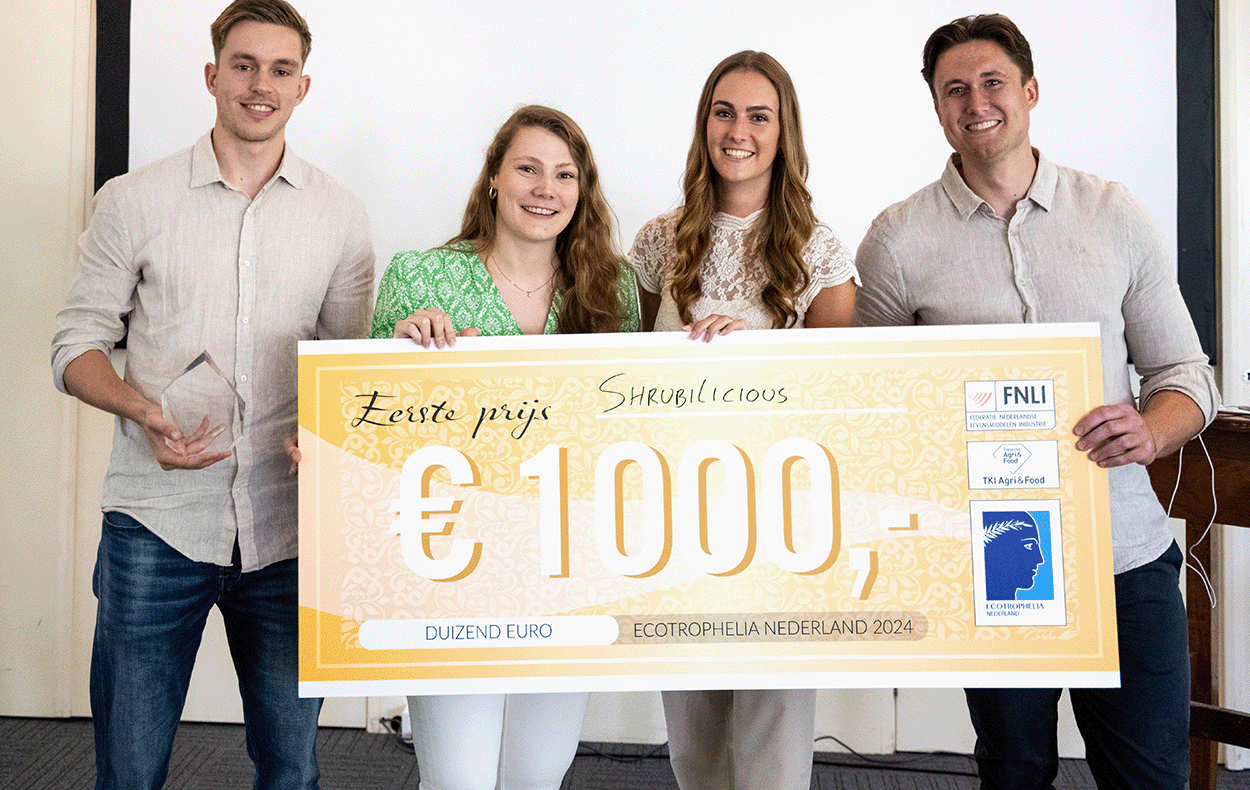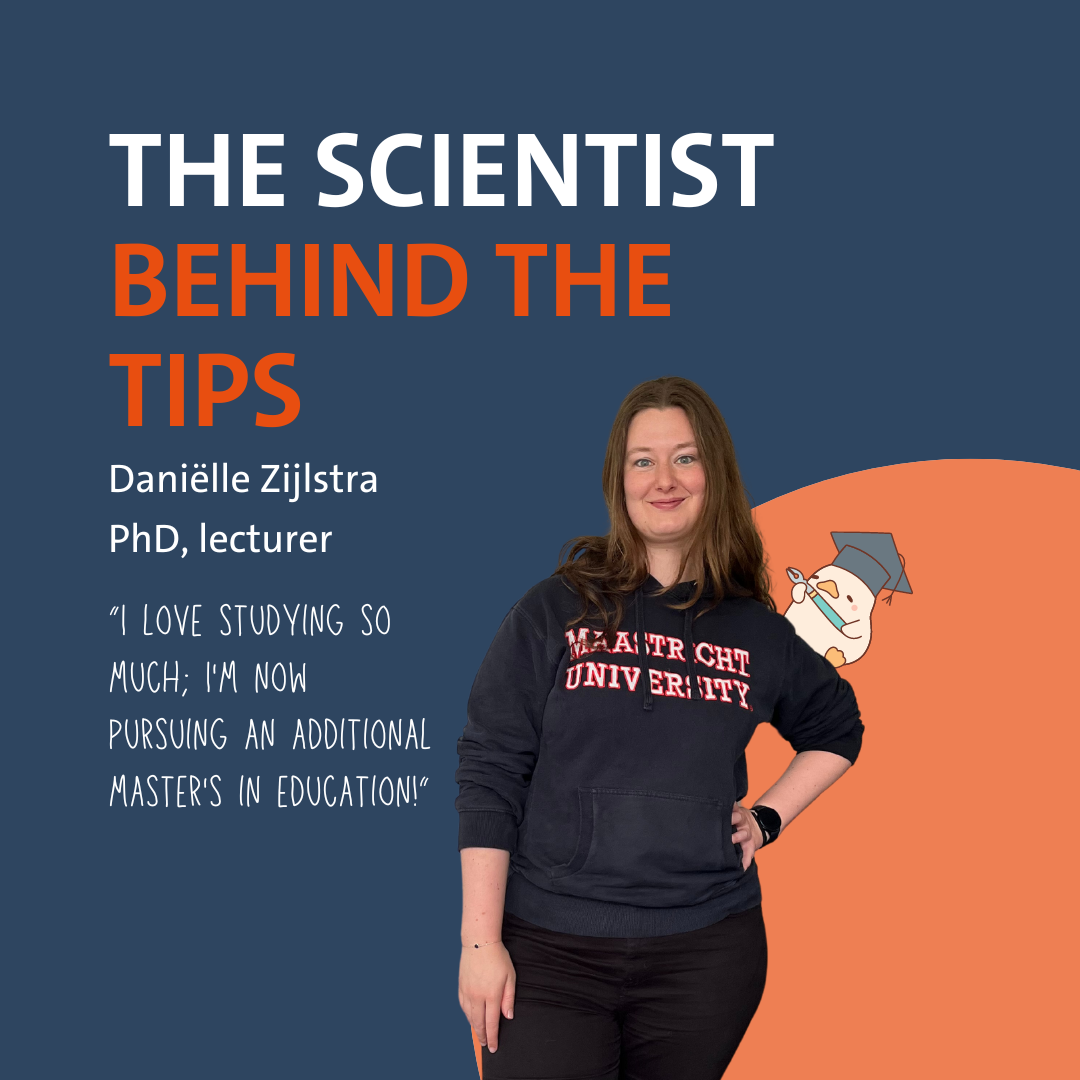Large-scale research on fundamental causes of hypertension
Maastricht UMC+ and Maastricht University are leading a large-scale international study into the underlying causes of hypertension, or high blood pressure. A European grant of more than four million euros is being allocated for this research. The funding will be used to set up a collaborative network of research centres and schools with specific expertise in hypertension, that in the coming years will gather additional fundamental knowledge about the underlying causal mechanisms of hypertension.
Hypertension is possibly the most underestimated silent killer that exists. It underlies virtually all cardiovascular diseases and is therefore the main cause of death worldwide. There is a clearly identifiable cause for high blood pressure in less than 15 per cent of cases, while in the remaining 85 per cent it is unclear. The conventional treatment for blood pressure reduction in general is to induce lifestyle changes in combination with taking specific medications. This is, however, only treating the symptom and not solving the problem. For almost half of patients, long-term results are not good enough. To get to the root of the problem, we therefore need to know much more about the underlying mechanisms that cause hypertension.
Personalised approach
Because several mechanisms are involved in hypertension, a ‘one-size-fits-all’ approach is not sufficient. For this reason, research needs to focus more on personalising diagnosis and treatment. Various European universities and academic hospitals have particular expertise in specific subdisciplines related to hypertension. For example, Maastricht is a pioneer in the area of vascular aspects, while other centres have specific expertise on the hormonal aspects of hypertension. By joining forces in a new European knowledge network, participating centres will work on the interconnections between vascular and hormonal systems. This will ultimately lead to a better subdivision into different forms of hypertension. The new network also has the aim of training the next generation of researchers, for continuing high-quality hypertension research into the future.
Making the difference
“Hypertension is an expression of underlying damage or dysregulation,” says Prof. Thomas Unger, initiator and coordinator on behalf of Maastricht research institute CARIM. “If we really want to go further than just treating symptoms, we will have to gain a better understanding of the complex and varying interactions between the vascular system and the endocrine system.” Dr Koen Reesink, co-coordinator, adds: “This is only possible if we develop knowledge and expertise together as a collaborative network. Actually, research organisation itself requires a systems approach as much as the problems we study”. “Ultimately, we hope to make the difference for patients.” The multidisciplinary research programme, termed MINDSHIFT (www.eumindshift.eu), will start on 1 January 2021 and will run for four years. Alongside Maastricht, the programme includes 14 other partners from the United Kingdom, Spain, Italy, France, Austria, Switzerland and Poland.
Also read
-
Drawing blood, inserting an IV, or looking into the ear; even seemingly simple medical procedures can cause anxiety, pain, and stress in children. According to pediatric intensivist Piet Leroy, comfort and trust are just as important as the medical treatment itself. Therefore, he is researching how...
-
Maastricht University students have won the Dutch final of the student competition Ecotrophelia, a drinking vinegar based on apple cider vinegar, fruit and herbs.
-
In the upcoming months, we’ll share tips on Instagram for our students on how to live a healthier life. Not just a random collection, but tips based on actual research happening at our faculty. The brains behind this idea are Lieve Vonken and Gido Metz, PhD candidates at CAPHRI, the Care and Public...



